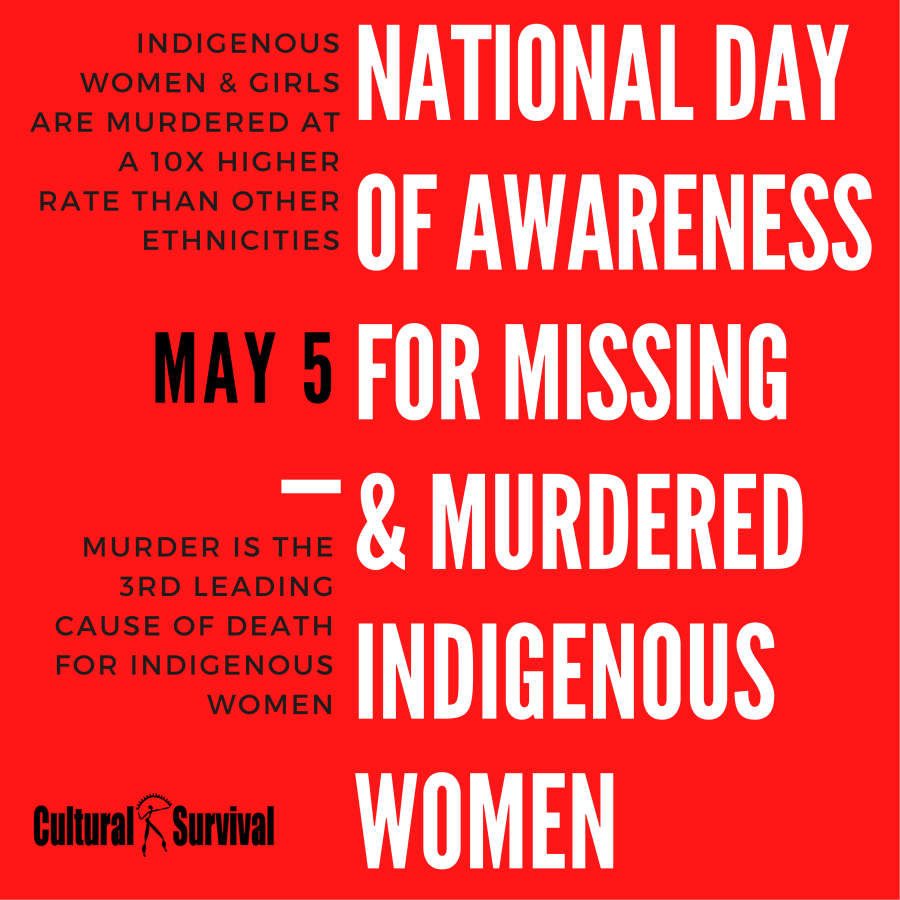In his new book, Like a Loaded Weapon, University of Arizona law professor Robert A. Williams, Jr. calls for a revolution. Not a violent revolution, nor even one that involves taking to the streets, but an immediate and transformative political event nonetheless. As it did in Brown vs. Board of Education, the 1954 decision that overturned a century of legally reinforced racism against African-Americans, Williams calls for the US Supreme Court to overturn two centuries of legal precedent that perpetuate racial stereotypes of Native Americans as hostile and conquered savages who still today are "wards of the nation."
The United State's Supreme Court may not seem like an obvious revolutionary ally. But, as Williams underscores, where American Indians are concerned, the courts have perpetuated discriminatory racial stereotyping through neglect. Because of the legal doctrine of stare decisis, the rule that courts should follow precedent in reaching their decisions, the Court has continued to endorse racially derogatory imagery and policies against Native Americans for more than a half century after it categorically rejected racism in Brown.
Many would argue, as Sandra Day O'Connor once did, that legal change happens only following attitudinal shifts in the population at large. But the lesson of Brown, of the international human rights movement, and indeed, of the American Revolution, is that where rights are concerned, the law cannot wait for a push by popular public opinion in the right direction. In rights matters, the law must lead.
The vast majority of Americans today have only a biased high school history textbook understanding of Native Americans. Few have had a conversation with an Indian about anything, let alone about how he or she experiences the weight of 500 years of racism, and worse, against Indians. As a result, there is no foundation from which political momentum can build into a strong enough force to transform public attitudes in a way that will lead to changes in law.
The process must work the other way around: the law must rupture with its own past and trailblaze a new, fully rights-respecting path that both ensures the full protection of native peoples' rights and educates the larger public about the importance of doing so.
Williams, who is a member of the Lumbee of North Carolina, fully understands that this will not be an easy lesson. Indian rights to their lands and resources, to self-government, and to cultural survival, often conflict with the dominant interests in American society. But if the anti-racist principles espoused in Brown mean anything, then they must have equal meaning for all. It is time, as Williams puts it, for a "mental correction" in popular thinking about Native Americans. To achieve it, the Supreme Court must lead the way by overtly overturning two centuries of discriminatory legal rhetoric that perpetuates discrimination in fact.
Unlike some revolutionaries who espouse social change but do not have concrete proposals for setting a fresh course, Williams concludes his book by suggesting that America's justices turn to precedent for the prescription. The great American jurist, Chief Justice John Marshall, based his arguments for the "doctrine of discovery" and white racial superiority over fierce savages in need of a civilizing influence on the international law of his time.
International law with respect to indigenous peoples today offers the Supreme Court an enlightened starting point for informing a non-discriminatory and right-respecting constitutionally grounded body of law that will produce positive change in the discourse about Native Americans and their rights in the context of American society.
Ellen L. Lutz is the executive director of Cultural Survival.



